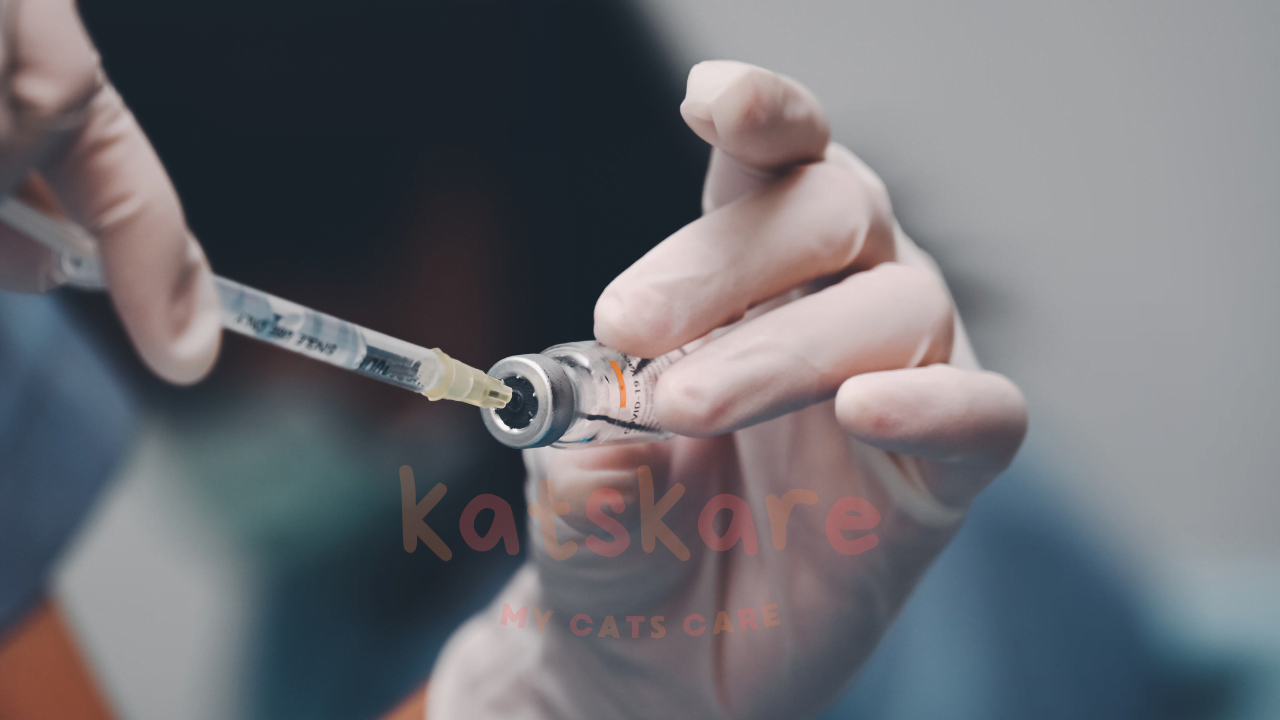Cats are beloved members of the family and it’s important to keep them healthy and safe. Vaccines are a key part of your cat’s health care plan, and the right vaccinations can protect them from serious illnesses and diseases.
Here’s what you should know about vaccinating your cat.
Routine Vaccines
Your vet can recommend a vaccination schedule for your cat based on their age and health history. Generally, cats should receive routine vaccinations for core illnesses like feline distemper, feline calicivirus, and feline herpesvirus.
Kittens should receive their first round of core vaccinations at 8-12 weeks of age, and then receive booster shots every 3-4 weeks until they are 16 weeks old. Adult cats should receive booster shots every 1-3 years depending on the type of vaccine.
Rabies Vaccine
Rabies is a serious and potentially fatal virus that can be spread through contact with an infected animal. It is highly recommended that cats receive the rabies vaccine, as it is the only way to protect them from the virus. The rabies vaccine is usually given in a series of two shots. The first shot is given at 16 weeks of age, and the second shot is given 1 year later. After that, cats should get a booster shot every 1-3 years.
Non-Routine Vaccines
Your vet may also recommend non-routine vaccines for your cat based on their lifestyle and risk factors. These vaccines include feline leukemia virus, feline immunodeficiency virus, feline infectious peritonitis, and feline coronavirus.
Side Effects
Vaccines are generally safe for cats and the risk of side effects is low. However, some cats may
experience mild side effects such as a low-grade fever, reduced appetite, or lethargy. If your cat
experiences any of these symptoms, contact your vet for advice.
Vaccines are an important part of keeping your cat healthy and safe. Be sure to talk to your vet about what vaccines are right for your cat and make sure to stick to the recommended schedule. With the right vaccines, you can help protect your beloved feline from serious illnesses and diseases.




